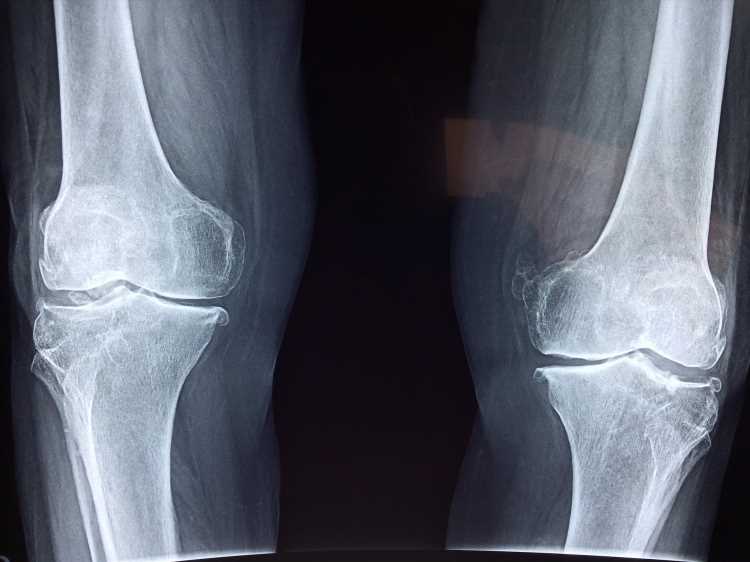
Opioids are commonly prescribed to patients that are discharged after a total knee and hip arthroplasty. Patients are typically given larger prescriptions of opioids that can result in an excess of the medication in their home after recovery is over.
In the research study “Association Between Initial Prescription Size and Likelihood of Opioid Refill After Total Knee and Hip Arthroplasty” published in The Journal of Arthroplasty, Elizabeth Dailey, M.D., Clinical Assistant Professor of Orthopedic Surgery at the University of Michigan Health System and colleagues looked at the effect of providing smaller initial opioid prescriptions on the risk of refill in the first 30 days after surgery.
Opioid addiction is an epidemic in the United States, but the medication is still commonly prescribed to treat pain after surgery inside and outside of the hospital setting. In recent years, doctors have given their post-surgery patients larger doses of opioids to avoid patients frequently calling their doctors for refills.
“The goal was to come up with a quality improvement program that would decrease the dosage of opioids given to patients leaving the hospital,” said Dailey.
Dailey and colleagues utilized private and Medicare insurance data to create a large, nationally representative cohort of hip and knee arthroplasty patients. The initial opioid prescription size was then correlated with risk of refill, and results showed that patients who were prescribed less opioids did not require more refills.
“Prescribing patients less opioids creates less of a chance of them having an excess of opioids in their home after recovery,” Dailey said. “It also creates an opportunity for doctors and patients to have a conversation about the risks continuing opioids if the patient calls for a refill.”
Source: Read Full Article
